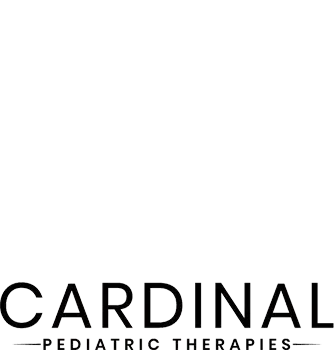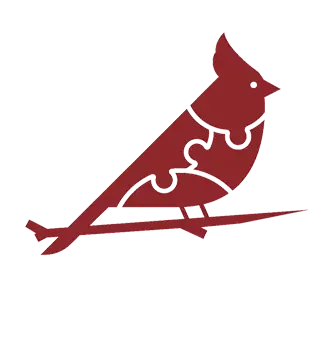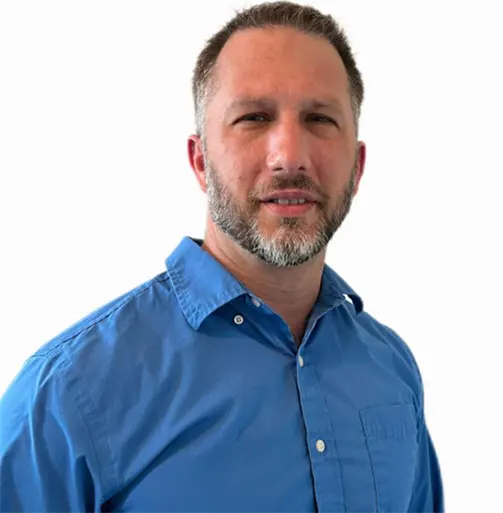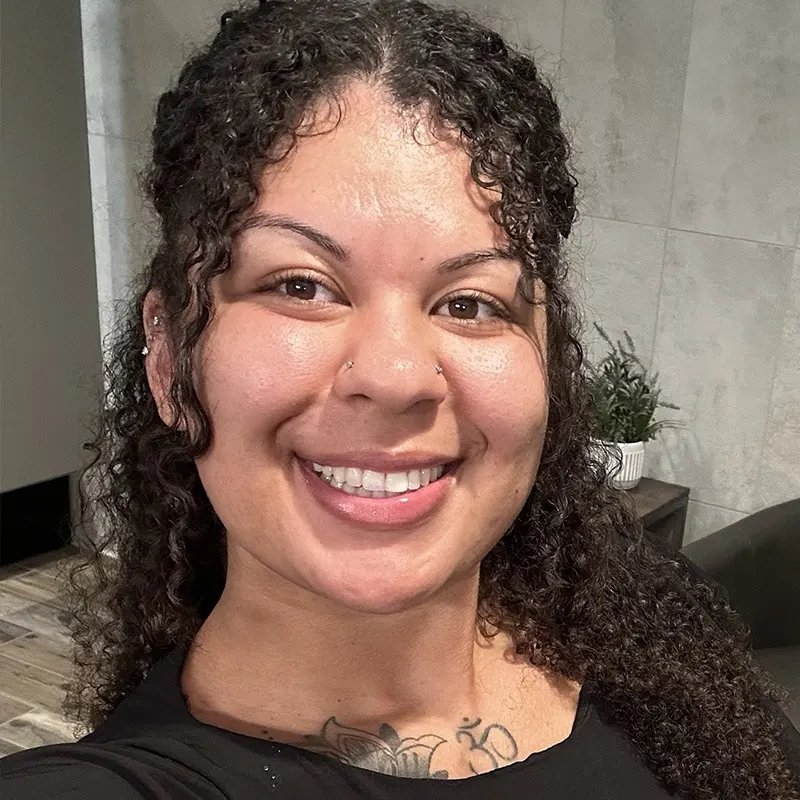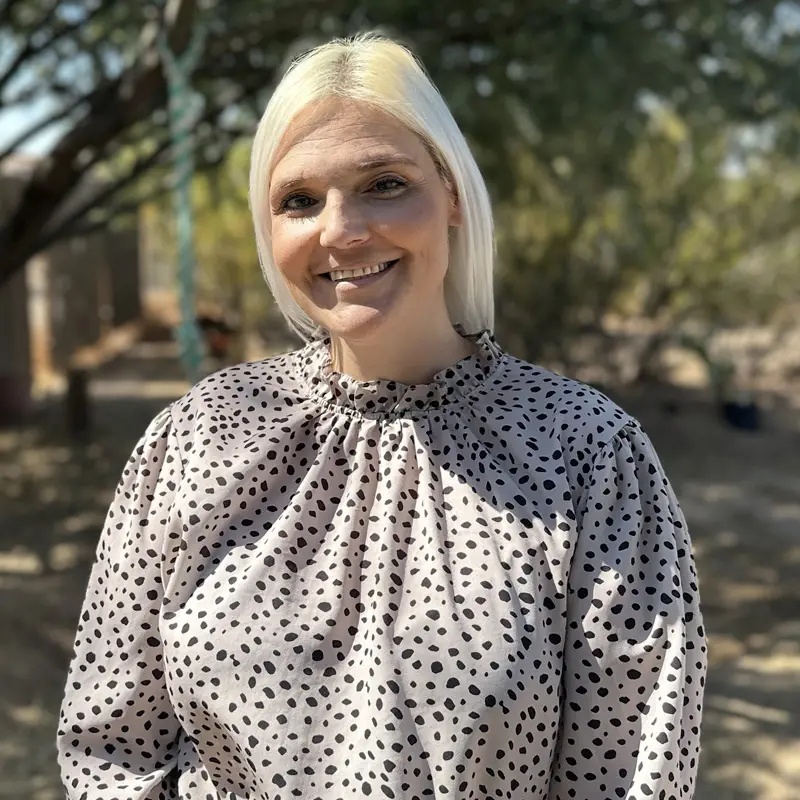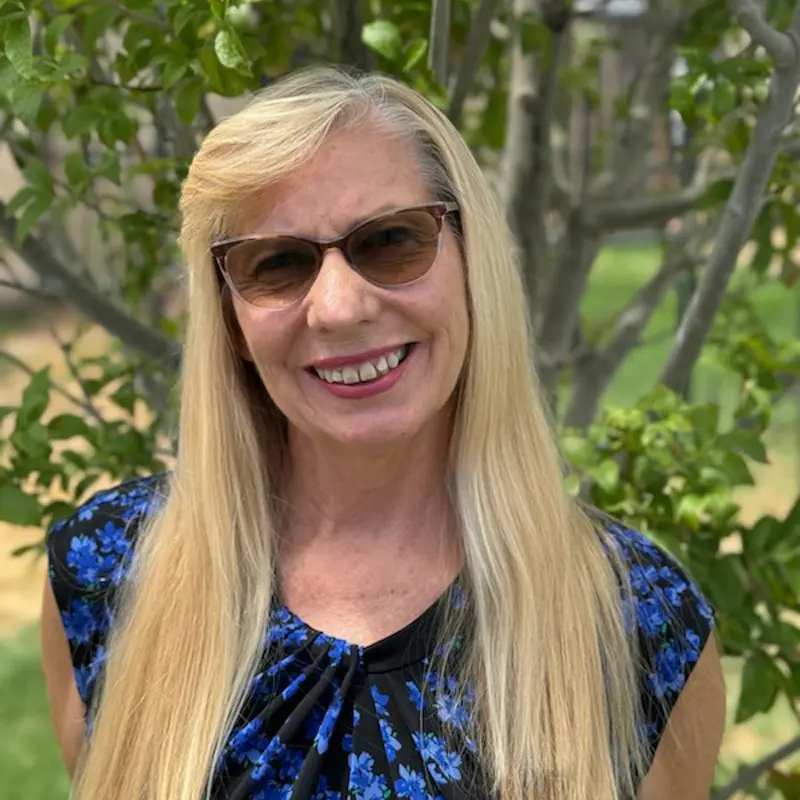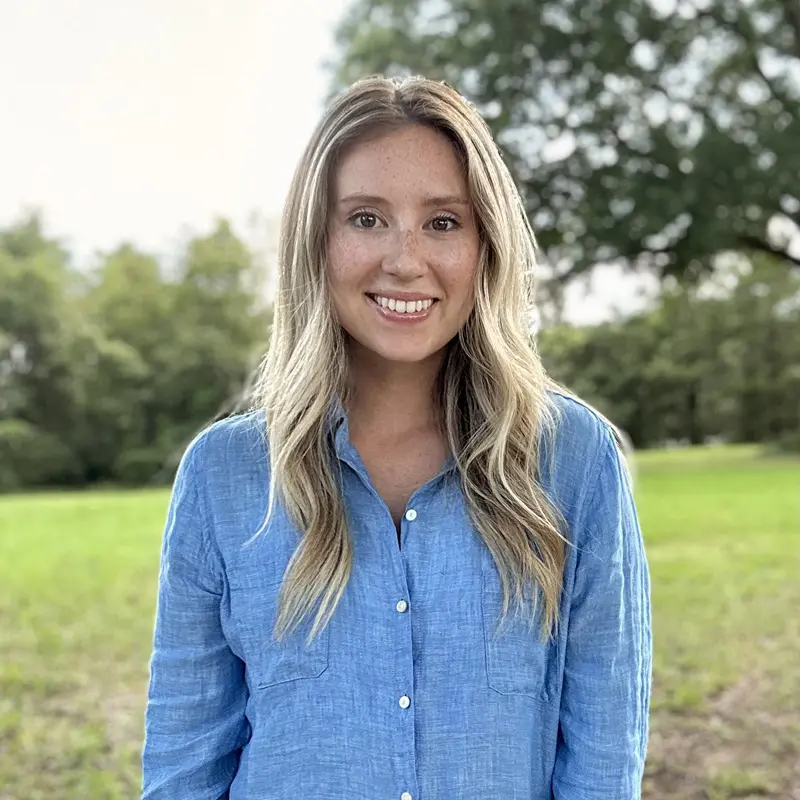Every child on the autism spectrum is unique, which means their path to growth, learning, and independence should be just as personalized. When it comes to helping children with Autism Spectrum Disorder (ASD), one of the most common questions parents ask is: What type of therapy is best for autism?
At Cardinal Pediatric Therapies, we believe in building individualized, evidence-based treatment plans that empower children and their families. In this article, we’ll explore the most effective and widely used types of therapy for autism, how they work, and how to determine which approach may be the best fit for your child.

Understanding Therapy for Autism Spectrum Disorder
Autism is a developmental condition that affects how children communicate, interact, and process information. The core symptoms vary from child to child. They may include challenges with language, sensory processing, behavior regulation, and social skills.
Therapy is often recommended to help children with autism build critical life skills and reduce behaviors that may interfere with learning or socializing. The earlier the intervention, the more effective the results; however, progress is still possible at any age.
With so many available options, knowing what type of therapy is best for autism depends on each child’s specific needs, abilities, and goals.
Applied Behavior Analysis (ABA): The Gold Standard
Applied Behavior Analysis (ABA) is the most researched and recommended therapy for autism. It is a structured, goal-oriented approach based on the science of learning and behavior. ABA therapy focuses on understanding behavior patterns and teaching new skills through reinforcement and repetition.
Children in ABA therapy often work on:
- Functional communication (verbal and non-verbal)
- Social interaction and play
- Self-care routines
- Emotional regulation
- Reducing harmful or disruptive behaviors
ABA programs are individualized for each child and often delivered in a home, school, or clinical setting. At Cardinal Pediatric Therapies, our team of Board Certified Behavior Analysts (BCBAs) creates custom plans tailored to each child’s developmental level and family dynamics.
For many families, ABA is considered the best therapy for autism because it is measurable, adaptable, and consistently effective.
Speech Therapy for Autism
Many children with autism struggle with communication, whether it is speaking, understanding language, or using gestures. Speech therapy, led by a licensed Speech-Language Pathologist (SLP), can support children with:
- Delayed speech development
- Limited verbal skills
- Echolalia (repeating words or phrases)
- Social communication challenges
- Use of augmentative and alternative communication (AAC) devices
Speech therapy helps children not only learn how to express themselves but also how to understand others and engage in meaningful conversations. This type of therapy complements ABA and can be a vital component of a comprehensive treatment plan.
Occupational Therapy (OT)
Occupational therapy addresses the practical skills children need to participate in daily life, including dressing, feeding, handwriting, and managing sensory experiences. For children with autism, OT can help with:
- Fine motor skills (grasping, buttoning, using utensils)
- Sensory integration (responding to sights, sounds, textures, etc.)
- Executive functioning (attention, planning, task completion)
- Play and self-help routines
Occupational therapists often use play-based and sensory-rich techniques to help children learn through movement and exploration. At Cardinal Pediatric Therapies, our OT programs are designed to promote independence and self-confidence at every developmental stage.
Physical Therapy (PT)
Though not always top of mind, physical therapy can be highly beneficial for children with autism who have delays in gross motor development. PT focuses on large muscle groups and helps children with:
- Balance and coordination
- Postural control
- Walking, running, and jumping
- Core strength
Some children on the spectrum may also have low muscle tone or difficulty with motor planning. Physical therapy addresses these challenges, enabling children to move more freely and participate safely in physical activities.

Social Skills Training and Play-Based Therapies
For many children with autism, understanding social norms and building relationships can be difficult. Social skills training uses modeling, role-playing, and guided interaction to teach skills such as:
- Taking turns
- Reading body language and facial expressions
- Managing emotions in group settings
- Initiating and maintaining peer interactions
Group-based social skills sessions, often led by therapists, include structured play, conversation practice, and feedback in a safe and supportive environment.
Play-based therapy, which includes both structured and child-led sessions, enables children to learn through exploration while developing critical cognitive and emotional skills.
Parent Training and Family Involvement
The success of any therapy plan depends heavily on consistency. That is why parent involvement is at the heart of everything we do at Cardinal Pediatric Therapies. Through parent training, families learn how to:
- Reinforce skills at home.
- Use effective communication techniques.
- Manage challenging behaviors
- Support daily routines and transitions.
When parents are equipped with tools and strategies, they become powerful advocates and facilitators of their child’s development.
Holistic and Complementary Approaches
While evidence-based therapies like ABA, OT, and speech therapy are the foundation of most autism treatment plans, other approaches can play a supportive role. These may include:
- Art or music therapy
- Animal-assisted therapy (including equine therapy)
- Mindfulness and relaxation techniques
These holistic methods may not replace core therapies, but can help reduce anxiety, improve self-expression, and promote emotional wellness.

How to Choose the Right Therapy for Your Child
Choosing what type of therapy is best for autism starts with a thorough evaluation by a licensed professional. Many families begin with a diagnostic assessment from a developmental pediatrician or psychologist, followed by recommendations for treatment.
At Cardinal Pediatric Therapies, we offer a range of services under one roof, making it easier for families to access coordinated care. Our team works closely with each family to design a therapy plan that reflects the child’s strengths, challenges, and long-term goals.
Key factors to consider when selecting therapy include:
- Your child’s age and developmental level
- Specific areas of need (communication, motor skills, behavior)
- Therapy availability and insurance coverage
- Provider experience and credentials
- Opportunities for collaboration with the school or other caregivers

Get Started At Cardinal Pediatric Therapies Today!
When it comes to types of therapy for autism, the most effective approach is one that is personalized, evidence-based, and consistent across environments. Applied Behavior Analysis (ABA), speech therapy, occupational therapy, and social skills training all offer essential support to help children grow, learn, and thrive.
At Cardinal Pediatric Therapies, we believe in meeting children where they are and building from their strengths. Whether your child is just beginning their journey or seeking continued support, we are here to guide your family every step of the way.
If you are located in Arizona or North Carolina and exploring autism therapy options, reach out to our team today to schedule a consultation.
